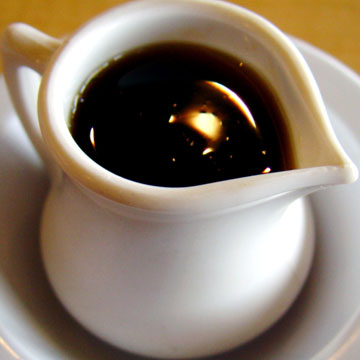We all know haroset. We all love haroset. And, come on, we all think that OUR family’s haroset is the best, no? The Ashkenazim (at least here in the USA) tend to make theirs with chopped apple as its base, adding walnuts, cinnamon, a little sugar, and sweet wine, while the Sephardim generally use dates as their base, with cinnamon, wine or even vinegar, and perhaps apples or dried apricots depending upon the region. But what is most interesting to me right now is how many names exist in the Sephardic and Mizrahic (Middle Eastern) world for this sweet Seder treat. In Israel the spelling and pronunciation is “charoset“ with a more guttural “ch” sound in place of the softer Ashkenazic “h” sound. In speaking with several individuals with Turkish roots the Ladino spelling “harósi” or “haróse” has been most common (although in a recipe by Elsie Menasce from South Africa, she spells it “jaróse” with a “j”, which I have been told is more Castillian). Yemenites and Persians refer to it with a different name all together: “dukah” or “dukeh” (which supposedly means “pounded” or “ground” in the Yemeni Arabic dialect). But when the consistency or style of the haroset changes from that of a thick purée or paste to that of a syrup (made of dates to the texture of honey or molasses) the names become the following: “silan“ for those originally from Baghdad, or mysteriously changes to “halech,” “hallaq,” or “halék” for those Baghdadis who later settled in parts of Asia, such as Singapore, China, or India. While looking through a Bukharian cookbook I noted that the charoset recipe was called “haleko” which makes me think that the word comes from an Asian/Central Asian root of some sort. In Curacao, the Sephardim (who have Dutch roots via Portugal) call their haroset “garosa.” My latest discovery was the word, “aropi” from a community cookbook by the Sephardi Ladies of Zimbabwe. In old Greek the word is “sirópi” which sounds pretty close but with the initial letter “s”. I can see the relationship between this spelling and the word, but have yet to really pinpoint the language.
QUESTIONS:
Has anyone else heard of this spelling “aropi” to refer to any kind of syrup?
How do YOU say charoset in your family or community?


That’s so interesting, thank you for the information about silan Nawal!
On March 28, 2014 Eileen commented:
You asked about the word aropi for syrup. In Spanish the word is “jarobe” so there is a similarity. Perhaps that is how it developed.
Yes, thank you Eileen. I am guessing that aropi is an older word that jarobe derives from.